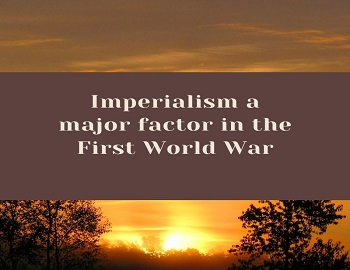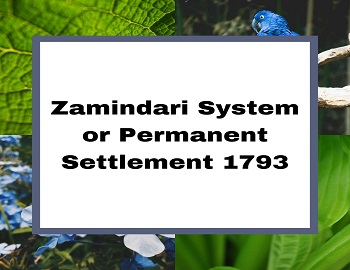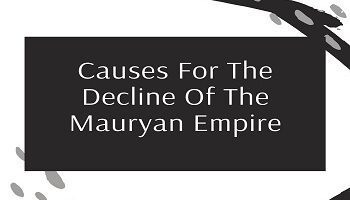Mahmud Gawan and His Rule in Bahmani Administration:
Mahmud Gawan was foreigner Shia Amir in the Court. He belonged to the village of Gawan in Persia. He was very capable and efficient. Greatly impressed by his military genius, Humayun Sultan, had taken him in his service. After Humayun’s death, he became the guardian of his minor prince Nizam Shah. He had the reigns of government in his hands. When the young sultan died in 1463 and his brother Muhammad III aged nine succeeded him. Mahmud Gawan served as the Prime Minister. He was a competent general and efficient administrator. He effectively put an end to the havoc wrought on pilgrims of Mecca and on merchants by the fleets of Rajas of Khelna (Visalgarh) and Sangameshwar. He captured Goa, the best part of the Vijayanagar empire. In 1474, there was a terrible famine which devastated the Deccan. A large number of people fled to Gujarat and Malwa. This was known as the famine of Bijapur because it first began in that state. For two years the rains failed and when they came in the third year scarcely any farmers remained in the country to cultivate the lands. Mahmud Gawan served the state most faithfully. He fought many successful wars against the rulers of Konkan, Sangameshwar, Orissa, and Vijayanagar. But in 1481 A.D. he fell prey to conspiracy and was executed the same year. His death caused the division of the Bahmani state into five kingdoms.
By his exceptional ability, Mahmud Gawan enlarged the Bahmani kingdom to an extent never achieved before. A very successful military exploit of the reign was the plunder of Kanchi or Kanjeevaram during the course of a campaign against Vijayanagar (1481). He introduced many judicious reforms including a new revenue system based upon surveys, assessments, and cash payment. His administrative reforms aimed at curtailing the excessive powers of the provincial governors or Tarafdars and introducing a stricter system of control and supervision. He divided the big provinces into two and thus deprived the governors of the control of the fortresses by entrusting them to officers directly appointed and paid by the Sultan. These salutary reforms reduced the power of many of the nobles of the Deccan party and so provided their bitter hostility. The leader of this hostile party was Malik Hasan who poisoned the Sultan’s ears against the faithful minister and had him executed on the forge charge of treason. The death of Mahmud Gawan deprived the Bahmani Dynasty of its ablest supporter and well-wisher. He was the only one person in the service of Bahmani service, who had a real claim to a high order of statesmanship. He was a great administrator, a reformer, and a patron of art and literature. At the last moment of his life, he said his prayers and remarked, “I am old and do not mind my death but my death is bound to because of your dynasty’s end. I think God that he gave me an opportunity to lay my life in the cause of the dynasty. He was a very good administrator.
An Estimate: Mahmud Gawan was a man of lofty character. He was a great scholar and patron of learning. He built and endowed a magnificent college at Bidar and had a valuable library. His private life was pure and simple. The one defect of his character was his incorrigible bigotry. His orthodoxy prevented him from perceiving other points of view in religion. He also persecuted the Hindus vigorously.









Comments (No)